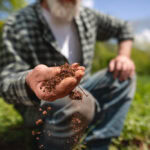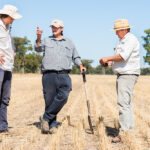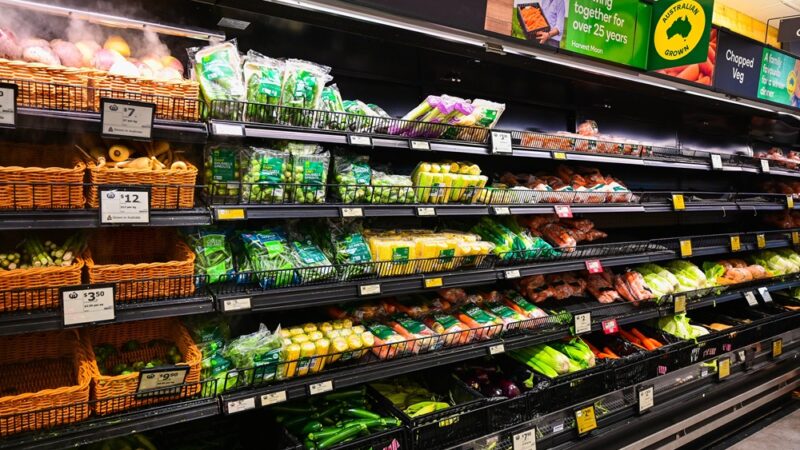Last September the Minister for Energy and Emissions Reduction, Angus Taylor, released the Federal Government�s…
Ruminati: a farmer-led carbon emissions calculator
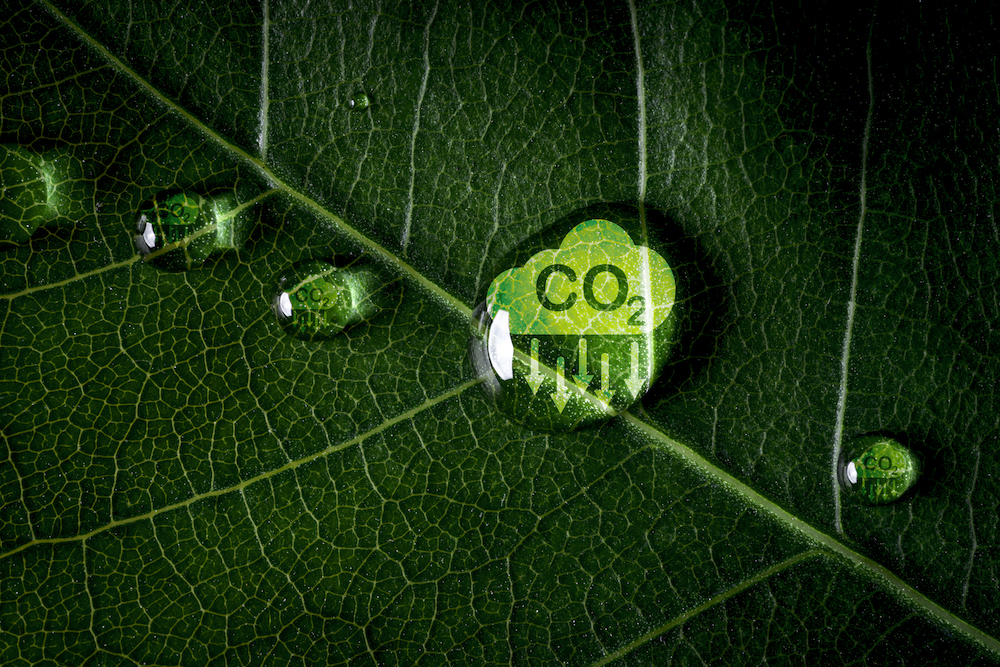
Australian farmers have developed a farmer-led online carbon emissions calculator, empowering producers to track and validate on-farm climate action throughout the supply chain.
There�s been a lot of talk over the past few years about the need for farmers to reduce their carbon footprint but not a lot of practical tools to help them do so.
Enter Ruminati. This farmer-led initiative has teamed up with climate scientists, farm data professionals and software engineers to help Australia�s agricultural industry meet its goal of becoming carbon neutral by 2030, one farm at a time.
Beef cattle farmers Bobby Miller and Will Onus from the Gundagai area had a watershed moment in early 2021 when they read an article comparing beef producers with coal mining in terms of the carbon emissions they produce. They saw a lot of carbon emission reduction target-setting bandied about at the government and industry level, but not much was being done to help farmers use their existing farm data to establish their baseline and plot a path towards emissions reduction.
�That�s a big bottleneck,� Miller explains. �As soon as we saw the problem, we couldn�t really unsee it. So, we decided to set up a company in late 2021 and put together a multi-skilled collaborative team to address what is essentially a data problem.�
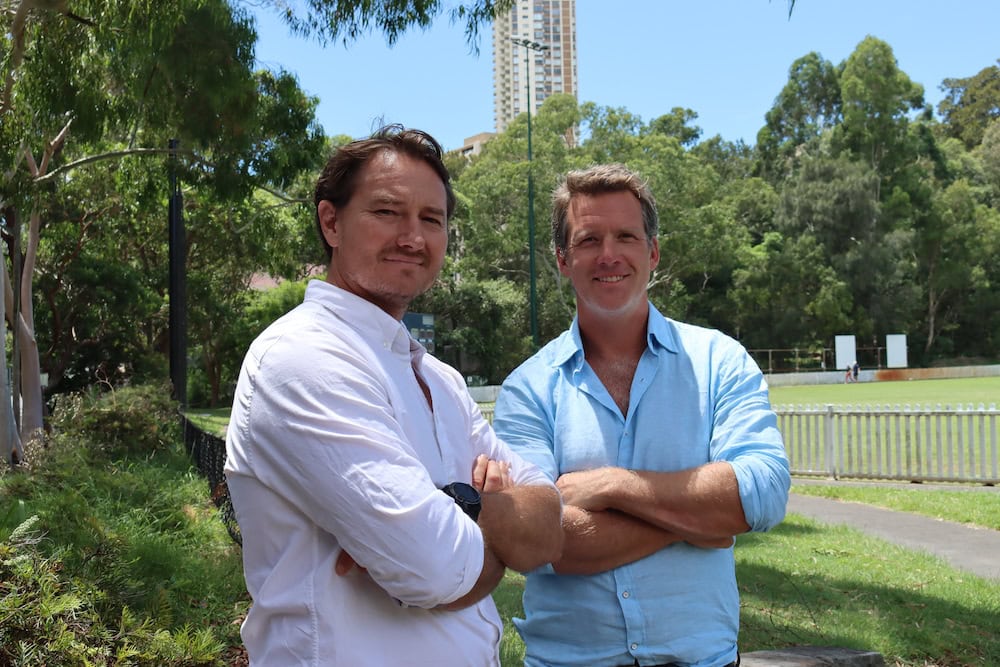
First, they approached the University of Melbourne�s Professor of Sustainable Agriculture Richard Eckard, who created the admittedly rather complicated greenhouse accounting framework (GAF) for a broad range of farms.
Next, they contacted John Francis of Agrista, a company that has a background in farm data analytics, and asked him to help them simplify the GAF while retaining its accuracy.
They then employed software design group, Nakatomi, to create an online version that would be simple and easy for farmers to fill out.
Finally, they brought on strategic advisor Peter Leihn who has extensive expertise in technology commercialisation, to become Ruminati�s CEO to help lead the company in its expansion phase.
Ruminati launched its baseline management tool in April 2023.
�We believe that the push-pull dynamic of this collaborative approach has enabled us to build a stronger, more effective, user-friendly platform for farmers to use. We�ve placed strong emphasis on farmer knowledge and perspective, accurate farm data that is fully secure, and digital ease of use,� says Miller. �We go above and beyond the codes and frameworks listed in data privacy and security as it�s the life blood of our business. Farmers� input data stays in their private account. It isn�t shared or monetised in any way. The emissions data that our system generates is shared but only after the farmer explicitly agrees to do so and it can be withdrawn at any time.
�Offering farms a baseline calculator tool is all good and well and it should be free,� he adds. �But there�s no business model here. So, we�ve added products, such as the ability to calculate emissions intensity and plan reductions via bespoke models as well as a baseline tool for feedlots and processors.�

Thoughts behind the scenes
�There are numerous agricultural baseline accounting tools available right now, including the late February beta launch of the non-profit Agricultural Innovation Australia�s (AIA) Environmental Accounting Platform (EAP), an online carbon calculation engine for Australia�s agriculture, fisheries and forestry sectors,� explains Eckard. �I�m a technical consultant on this project. It�s a free, digitised, accessible and standardised platform to calculate carbon footprints at a commodity, enterprise and whole of business level and can be used by farmers, supply chain participants, agribusiness, and financial institutions.
�But none are offering the commercial services to help farmers reduce their carbon emissions like Ruminati is,� he says. �They�ve done their homework.�
�Ruminati�s special advantage is that after a baseline is established, it gives farmers a range of options to consider as a way to move forward to reduce their emissions.�
Richard Eckard, University of Melbourne�s Professor of Sustainable Agriculture
Miller of Ruminati, in effect, concurs. He says that 99 per cent of farmers have not done their baseline reporting because up until now it�s simply been too onerous. He believes that if pressure is put on farmers to do reams of paperwork for a completely traceable auditable baseline – they won�t do it. Ruminati has developed an excellent facsimile to help farmers easily establish their baseline by using their existing farm data.
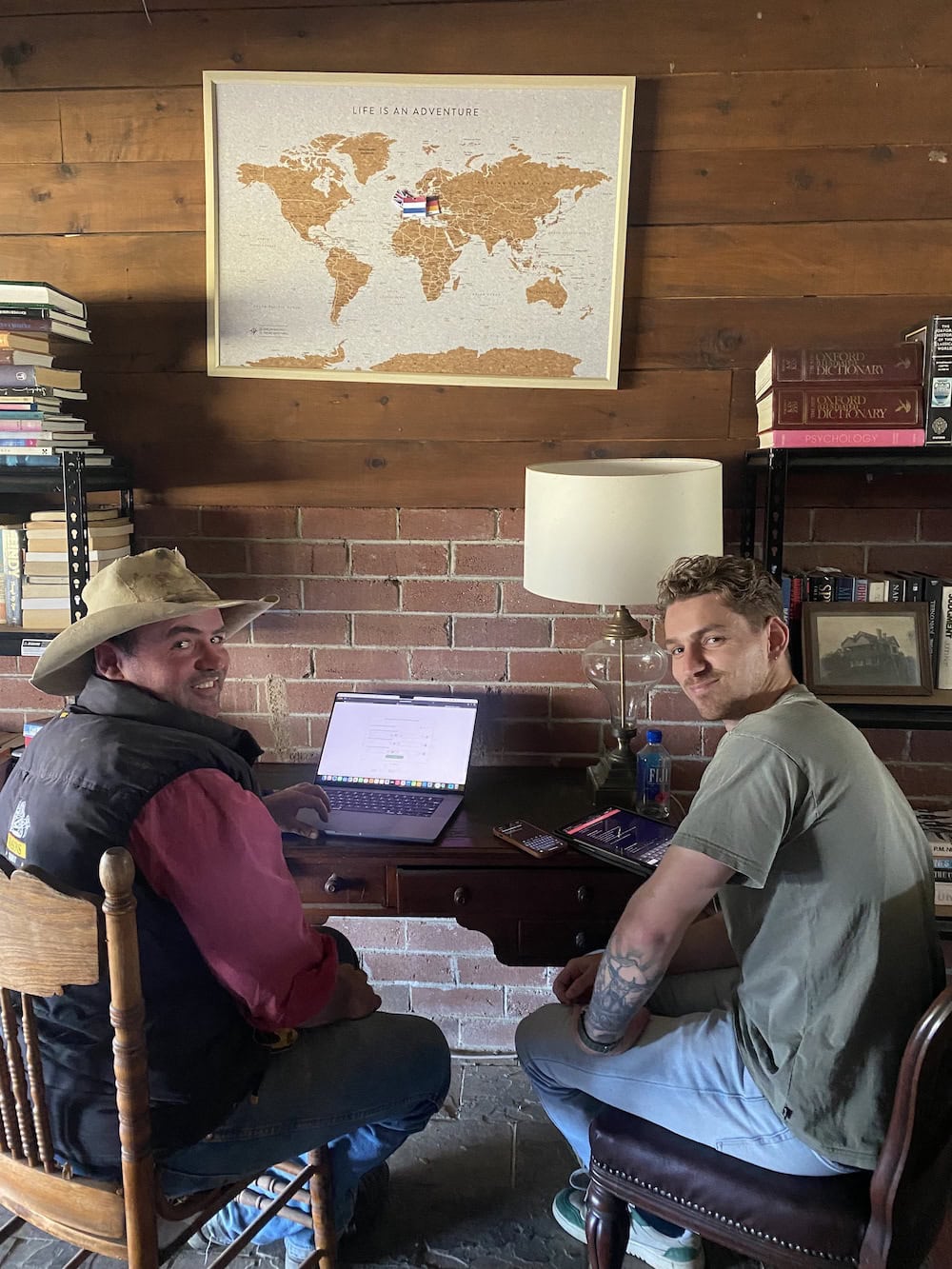
Ruminati is still in its pilot phase and has developed partnerships with supply chain members, such as McDonalds, as well as the CBA and livestock finance provider, StockCo. This is a rapidly evolving space.
�We�re exploring what a continual working relationship might look like based on what the supply chain wants and what we can provide,� he says. �It�s conceivable that Ruminati will move forward in a consulting capacity to these businesses.
�We need the supply chain to be on board before we sell the larger concept to farmers. We have to get the value proposition right for them. These are all emerging markets, and everything is a bit up in the air, but we believe it�s good to give farmers literacy about their carbon emissions.�
Moree-based cropper and NSW Farmer board member, Oscar Pearse, says that Ruminati has a number of advantages for farmers over other data management systems. But for any farmers considering an emissions reporting tool like Ruminati, understanding commercial and regulatory frameworks is key.
NSW Farmers Association committees have been discussing aspects including:
- Farmers must understand how their data is treated and control its exchange. Baseline reporting tools require farmers to map their farm and it�s important to ensure that these data sets are secure. Farmers should ensure that all data service providers are compliant and/or certified with the National Farmers Federation (NFF) Farm Data Code to ensure landholders control how their private data is exchanged (Ruminati is compliant and in the process of getting certified).�
- Farmers should understand what payments or premiums banks and buyers offer before sharing data. Once farmers begin reporting their annual emissions, will supply chain partners start to demand emission reductions from a baseline point without payments or reimbursement? Will this set up targets that are impossible for farmers to meet?
- State farmer organisations and other peak bodies are concerned that models based on the GAF don�t yet account for a range of beneficial farm level sequestrations, especially existing transient pasture carbon or even permanent carbon sinks offered by trees. Both the NFF and NSW Farmers continue to call for system and rule changes which ensures farmers can count and be recognised for the more accurate total picture of farm emissions.
- Many multinational companies operating in Australia have emission reduction goals, which don�t account for the Australian agricultural context and which may simply be passing impossible demands onto farmers. State farmer organisations and other peak bodies may need to develop collective bargaining tools or codes of practice to ensure the cost burdens don�t fall on farmers.
�While these aspects demand ongoing advocacy work, the fact that Ruminati gives farmers a safe and secure way to report, and a tool which can adapt as rule improvements come in, makes them an ideal choice,� says Pearse. �And on the plus side, in the process of making their first annual report, farmers might discover some easy improvements to make that will both reduce their emissions and increase
farm profitability.�
Miller agrees. �We�re seeing farms that are implementing tactics to lower emissions are also showing higher efficiencies and productivity. Healthier soil, better water retention, lower methane emissions also equate with better feed efficiency, higher fertility rates, and higher turnoff.�
If you enjoyed this piece on Ruminati, you may like to read about other great innovations such as how science and tech are improving food security.


